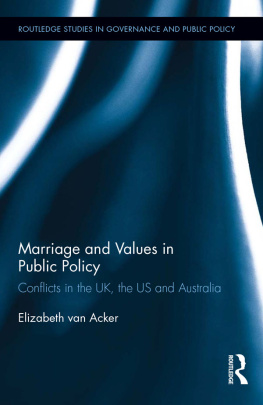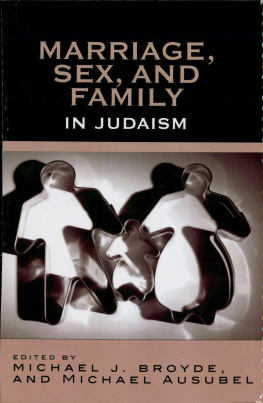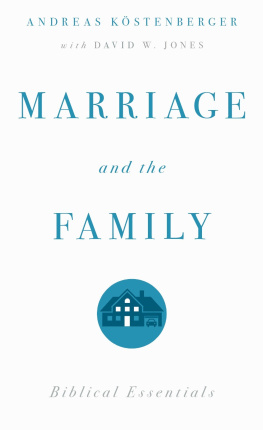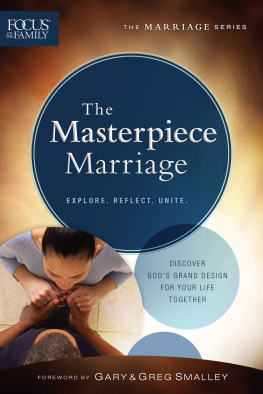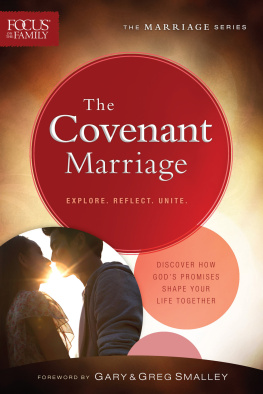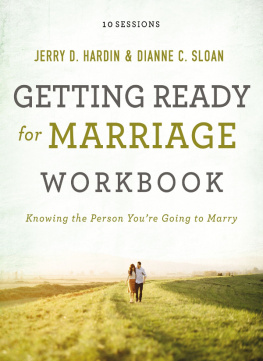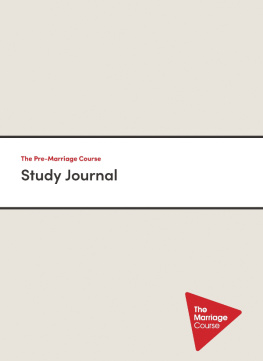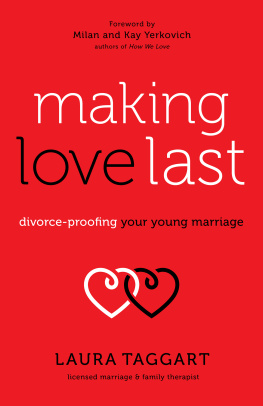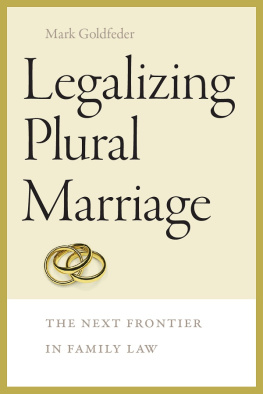Van Ackers new book locates the debates over the past, present and future of marriage in their broader political context and skilfully identifies the competing values underpinning different policies on marriage. It will be a very valuable contribution to the literature and illuminates why formulating policy on marriage is so difficult!
Rebecca Probert, University of Warwick, UK
The very word marriage has become a loaded political term, not only inflaming debates about same-sex partnerships, but complicating discussion of the relationship between neo-liberalism and inequality, individual responsibility and social fabric, multiculturalism and persistent racism and religious differences. In this volume, Australian political scientist Liz Van Acker explores the question of why marriage has become a political dividing line in the United States, the United Kingdom and Australia, providing new insight into the source and role of values during a period of economic and cultural change.
June Carbone, Robina Chair of Law, Science and Technology, University of Minnesota Law School
Marriage and Values in Public Policy
Marriage is a site of political conflict. It is a controversial issue in the UK, Australia and the US where there is a clash of values between neoliberal governments and diverse groups either strongly opposing or supporting marriage. In the meantime, fewer couples are marrying, while other family forms are more widely accepted. This book explores this disconnect by examining policy issues such as class divides, ethnicity, religion, same-sex marriage, gender relations and romantic expectations.
A top down approach explores different government policy responses to marriage. In all three countries, there are differences and similarities in how governments react to the changes in family formations, but values or conceptions of the desirable play a significant role. Enhancing stability and commitment as well as personal responsibility are important for policymakers who aim to keep the family intact and thereby lower the burden on the public purse. It is difficult for political actors to respond to conflicting and changing values surrounding the diversity in relationships or to translate them into policies. There is a strong case to be made for increased policy attention to adult relationshipsand a much weaker case for marriage. Rich evidence is drawn from interviews with key stakeholders as well as politicians speeches, government departmental reports, stakeholders documents and responses to government policies, and media articles.
Elizabeth van Acker is Senior Lecturer in the School of Government and International Relations, Griffith University, Australia. Her research interests include government policies around marriage and relationships, gender representations and politics and industry policies.
Routledge Studies in Governance and Public Policy
For a full list of titles in this series, please visit www.routledge.com/series/rfbm
21The Idea of Good Governance and the Politics of the Global South
An Analysis of its Effects
Haroon A. Khan
22Interpreting Governance, High Politics and Public Policy
Essays commemorating Interpreting British Governance
Edited by Nick Turnbull
23Political Engagement of the Young in Europe
Youth in the crucible
Edited by Peter Thijssen, Jessy Siongers, Jeroen Van Laer, Jacques Haers and Sara Mels
24Rethinking Governance
Ruling, rationalities and resistance
Edited by Mark Bevir and R. A. W. Rhodes
25Governmentality after Neoliberalism
Edited by Mark Bevir
26Transformational Public Policy
A new strategy for coping with uncertainty and risk
Mark Matthews
27The Public Legitimacy of Minority Claims
A Central/Eastern European Perspective
Plamen Makariev
28Marriage and Values in Public Policy
Conflicts in the UK, the US and Australia
Elizabeth van Acker
First published 2017
by Routledge
711 Third Avenue, New York, NY 10017
and by Routledge
2 Park Square, Milton Park, Abingdon, Oxon, OX14 4RN
Routledge is an imprint of the Taylor & Francis Group, an informa business
2017 Taylor & Francis
The right of Elizabeth van Acker to be identified as author of this work has been asserted by her in accordance with sections 77 and 78 of the Copyright, Designs and Patents Act 1988.
All rights reserved. No part of this book may be reprinted or reproduced or utilised in any form or by any electronic, mechanical, or other means, now known or hereafter invented, including photocopying and recording, or in any information storage or retrieval system, without permission in writing from the publishers.
Trademark notice: Product or corporate names may be trademarks or registered trademarks, and are used only for identification and explanation without intent to infringe.
Library of Congress Cataloging-in-Publication Data
A catalog record for this book has been requested
ISBN: 978-1-138-81345-8 (hbk)
ISBN: 978-1-315-74814-6 (ebk)
Typeset in Times New Roman
by Apex CoVantage, LLC
As a political scientist, one of my main research interests has been examining the role of governments and their interventions in such public yet private institutions as marriage. The idea for this book came after I experienced similar, but strange feedback at various conferences and seminars when presenting my work on government policies and the politics of marriage. Many of the questions assumed that because I was researching in this area, I was supporting traditional marriage and family values. I was accused of being some kind of religious freak who was funded by the church (it was never clear which one in particular) by some, while others assumed that I wished to condemn marriage. Given that my own values about marriage are quite ambivalent, I found these different responses interesting. I began thinking about the conflicting values that underpinned these assumptions. This led to exploring related questions about the role of values in marriage and the links to government responses and policy developments and eventually to writing this book.
Of course there are many people to acknowledge. I thank Haig Patapan and the Centre for Governance and Public Policy for their ongoing support. The Centre provided funding for my research field work to the UK in 2012 and 2014 and the US in 2015 as well as for the Marriage Divide workshop which I conducted in London in May 2014.
Many thanks go to Daniela di Piramo for her thorough research assistance, her forensic diligence in editing all the chapters and for providing the index and working on the overall production of the book. I couldnt have written the book without her help. I also thank Kerri Kellett who steadfastly read the entire manuscript (which was very much appreciated) and Robyn Hollander and Andrew ONeil for reading various chapters. I am grateful for their insightful comments and suggestions. Thanks also to Mike van Acker, Raine van Acker, Giorel Curran and Cosmo Howard for their interest in the books progress.

